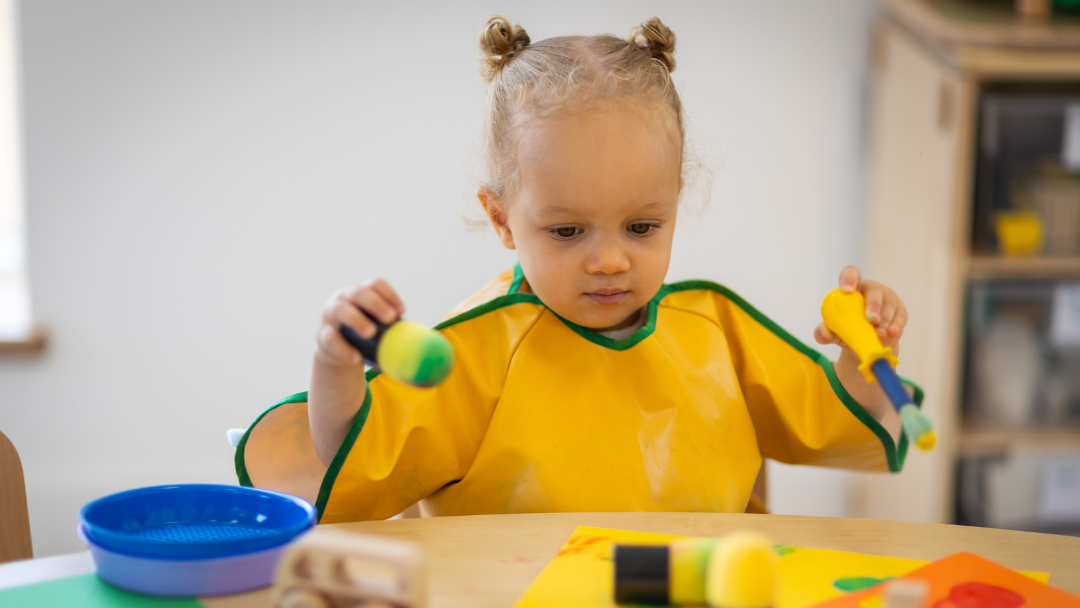Language development in early childhood refers to the process through which children acquire communication skills and the ability to understand and use language. It plays a crucial role in a child's overall development and lays the foundation for effective communication, social interaction, and academic success in the future. This article aims to explore the various aspects of language development in early childhood, including its stages, influencing factors, and the role of parents in fostering language skills.
- Understanding Language Development
- Stages of Language Development in Children
- Factors Influencing Language Development
- Role of Parents in Language Development
- Conclusion
Understanding Language Development
Defining Language Development
Language development encompasses the acquisition and refinement of expressive and receptive language skills. It involves understanding and using words, sentences, and grammar to convey meaning and communicate effectively. Language development encompasses both verbal and non-verbal aspects, including gestures, facial expressions, and body language.
Furthermore, language development is a complex process that begins at birth and continues throughout a person's lifetime. It is influenced by various factors such as genetics, environment, and social interactions. Children typically go through different stages of language development, starting with cooing and babbling as infants, and progressing to forming complex sentences and engaging in conversations as they grow older.
Language Development at Fennies Nurseries
Fennies supports language development in the early years through a multifaceted approach that promotes effective communication skills. The staff, trained in effective interactions, play the most important role as they nurture responsive relationships, creating a safe environment where children feel empowered to communicate. They use open-ended questions that encourage children to express their thoughts and feelings.
A particular focus at Fennies is the importance of books, which serve as a vital tool for learning new vocabulary and sentence construction in an engaging way. Carefully selected books for the book club are brought to life by staff, making storytime a dynamic and interactive experience. Vocabulary is introduced at every opportunity, whether through engaging stories, rhymes, or everyday interactions. The use of repetition in these activities helps to embed language, making it easier for children to remember and use new words. Additionally, new concepts are introduced coupled with open-ended questions that naturally lead to the acquisition of new vocabulary.
Fennies also supports parents by providing helpful resources to facilitate effective storytimes and language development at home. By encouraging the use of stories and rhymes, both in nursery and at home, Fennies ensures that children have ample opportunities to develop their language skills in a supportive and enriching environment.
Importance of Language Development in Early Childhood
Language development in early childhood is of paramount importance as it sets the stage for a child's future learning, relationships, and cognitive development. It forms the basis for literacy, enabling children to read, write, and comprehend written information. Language skills contribute to children's social and emotional development, allowing them to express their thoughts and feelings and engage in meaningful interactions with others.
Moreover, research has shown that children who have strong language skills tend to perform better academically, have higher self-esteem, and develop better problem-solving abilities. Early language development also plays a crucial role in shaping a child's identity and cultural connections, as language is a fundamental aspect of one's heritage and sense of belonging.
.avif)
Stages of Language Development in Children
Pre-linguistic Stage
The pre-linguistic stage refers to the earliest phase of language development, typically occurring during the first year of life. At this stage, infants communicate through non-verbal means such as crying, cooing, babbling, and using gestures. They gradually learn to associate sounds with meanings and develop their ability to communicate using facial expressions and body language.
During this stage, parents and caregivers play a crucial role in facilitating language development. They engage in responsive interactions with the infant, imitating their sounds and gestures, and providing a rich linguistic environment. These interactions help the infant develop a sense of turn-taking and establish the foundation for future language skills.
Single-word Stage
During the single-word stage, which usually begins around 12-18 months, children start uttering their first words. They begin by imitating words they hear and gradually acquire a vocabulary of words that represent objects, actions, and people in their environment. This stage is characterised by one-word utterances used to convey meaning.
As children enter this stage, they experience a language explosion. They eagerly explore the world around them, pointing at objects and eagerly waiting for their parents to label them. This stage is filled with excitement as children discover the power of words and their ability to communicate their desires and needs.
Two-word Stage
As children progress in their language development, they enter the two-word stage, which typically occurs between 18-24 months. In this stage, children start combining two words to form simple sentences, such as "mummy go" or "ball red." They begin to understand grammar rules, including word order and basic sentence structure, and expand their vocabulary.
During this stage, children's language skills continue to blossom. They become more adept at expressing their thoughts and desires, using a combination of words and gestures. Their sentences become more complex, and they start to experiment with different word combinations to convey more specific meanings.
Multi-word Stage
The multi-word stage marks a significant milestone in language development. It occurs around the age of 2-3 years, and children start constructing more complex sentences and using grammatical structures more accurately. They begin to ask questions, engage in conversations, and express their thoughts, feelings, and ideas with increased clarity.
During this stage, children's language skills become more refined. They develop a better understanding of syntax and grammar, allowing them to form more coherent and sophisticated sentences. Their vocabulary expands rapidly, and they start using words to describe abstract concepts and engage in imaginative play.
.avif)
Factors Influencing Language Development
Environmental Factors
The environment in which a child grows and interacts plays a crucial role in language development. Children exposed to a rich language environment, with parents, caregivers and nursery teachers who engage in meaningful conversations, read books aloud, and provide language-rich experiences, are more likely to develop strong language skills. On the other hand, limited exposure to language or a lack of conversational opportunities can hinder language development.
Biological Factors
Biological factors, such as genetic predispositions and brain development, also influence language development. Some children may have a natural aptitude for language, while others may require additional support and intervention due to neurological or developmental differences. The interplay between genetic and environmental factors shapes a child's linguistic abilities.
Socioeconomic Factors
Socioeconomic factors can impact language development in early childhood. Children from economically disadvantaged backgrounds may face obstacles that hinder their language acquisition, such as limited access to quality educational resources, healthcare, and opportunities for enriched language experiences. These disparities can impact a child's vocabulary, expressive abilities, and overall language proficiency.
According to Speech and Language UK, 1 in 5 school-aged children have speech and language challenges, with 1.9 million children estimated to be behind with talking and understanding words.
.avif)
Role of Parents in Language Development
Encouraging Language Development at Home
Parents play a vital role in fostering language development in their children. They can create a language-rich environment at home by talking, singing, and reading aloud to their children. Providing opportunities for meaningful conversations, engaging in interactive play, and exposing children to a variety of words and experiences help enhance their vocabulary, listening skills, and overall language abilities.
Parent-Child Interaction and Language Skills
The quality of parent-child interaction significantly influences a child's language development. Taking the time to listen attentively to children, responding to their efforts to communicate, and using encouraging and engaging language builds their confidence and language skills. Additionally, establishing a nurturing and supportive relationship with children fosters their desire to communicate and express themselves.
Conclusion
In conclusion, language development in early childhood is a multifaceted process that encompasses various stages, factors, and influences. Understanding the importance of language development and the role of parents in promoting language skills can help create an environment that nurtures children's linguistic abilities. By prioritising language development, we can support children in realising their full potential and provide them with the necessary tools to navigate the world around them.
To find out more about Fennies, our nurseries and how we support language development, click here.
FAQ
Subscribe to our newsletter
Stay up to date with Fennies news


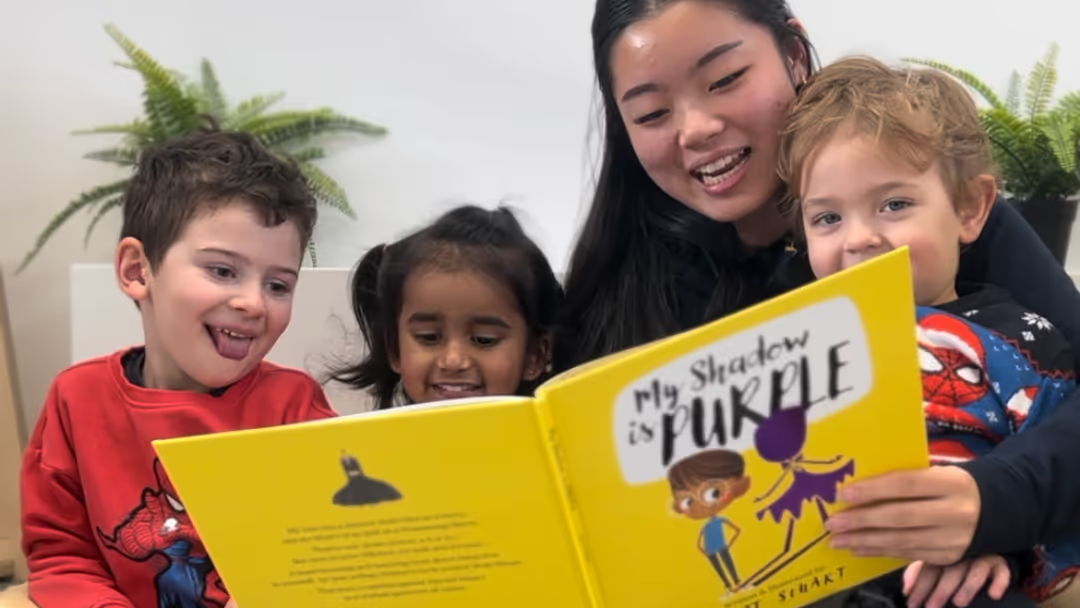
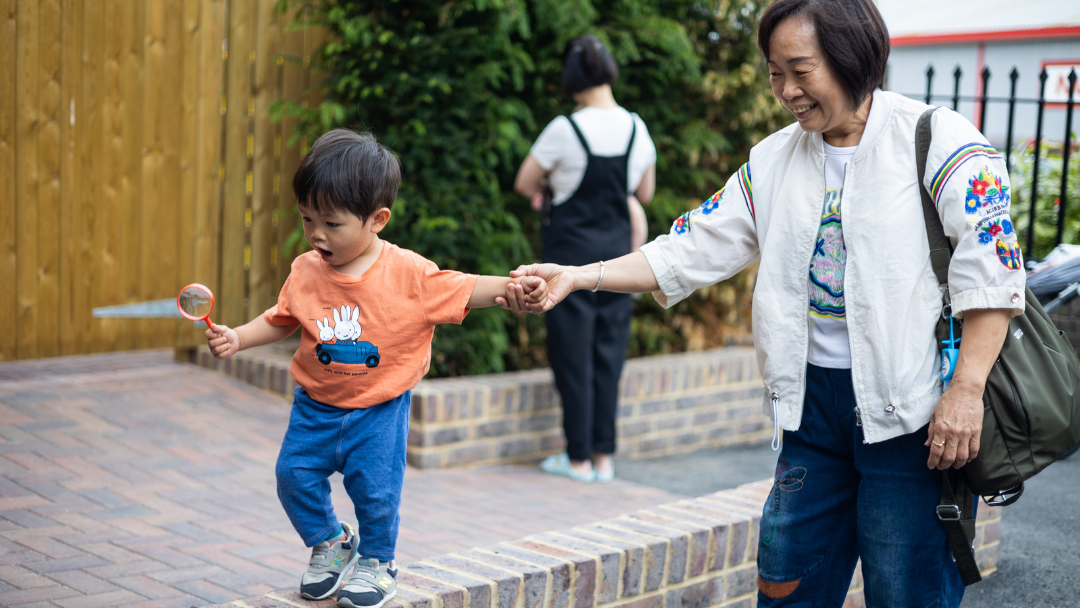

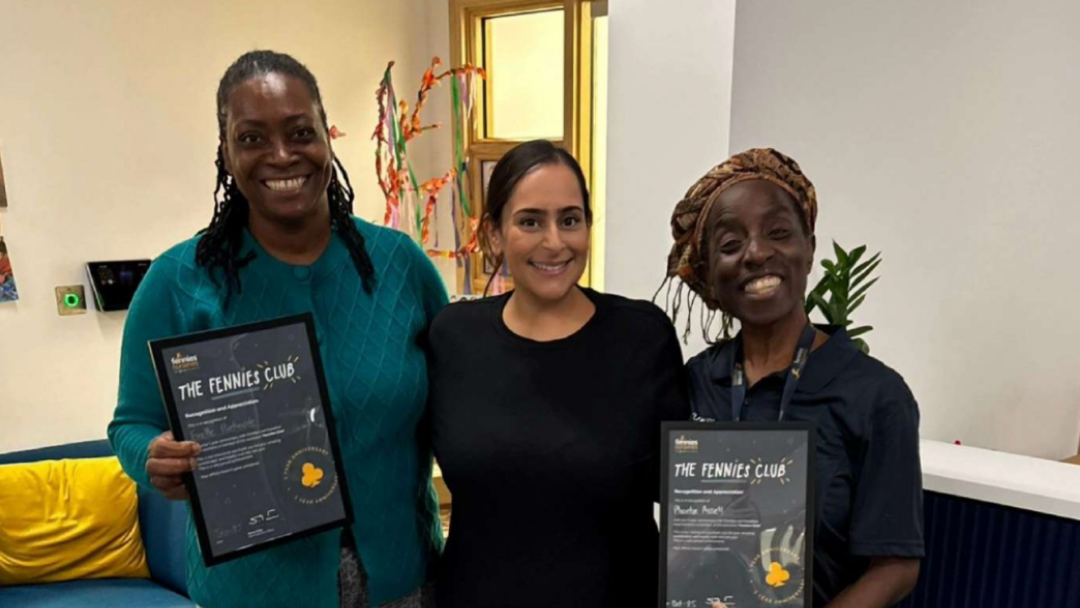
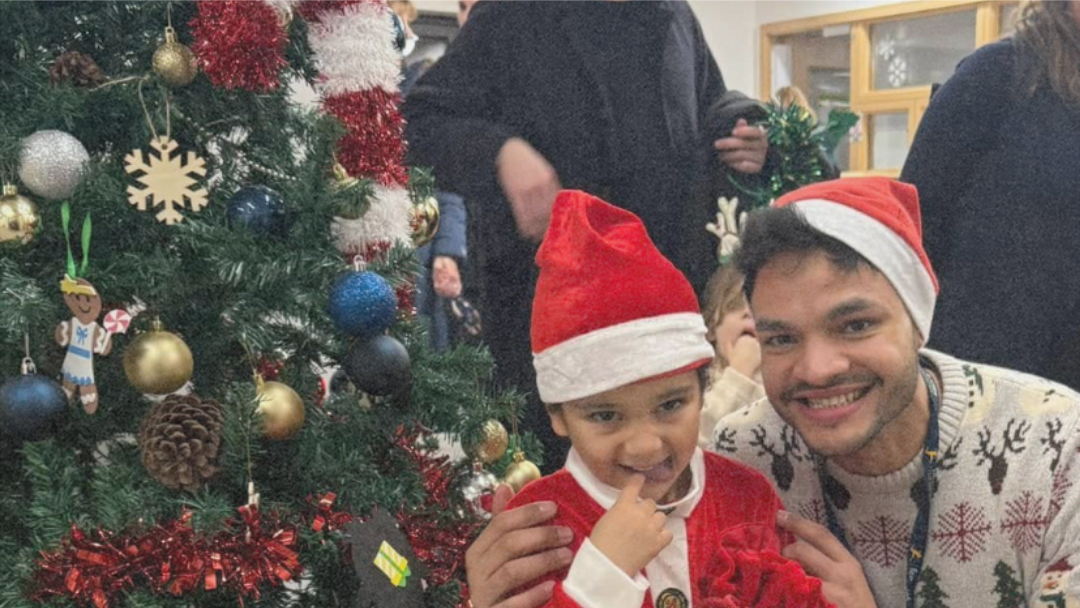
.png)
